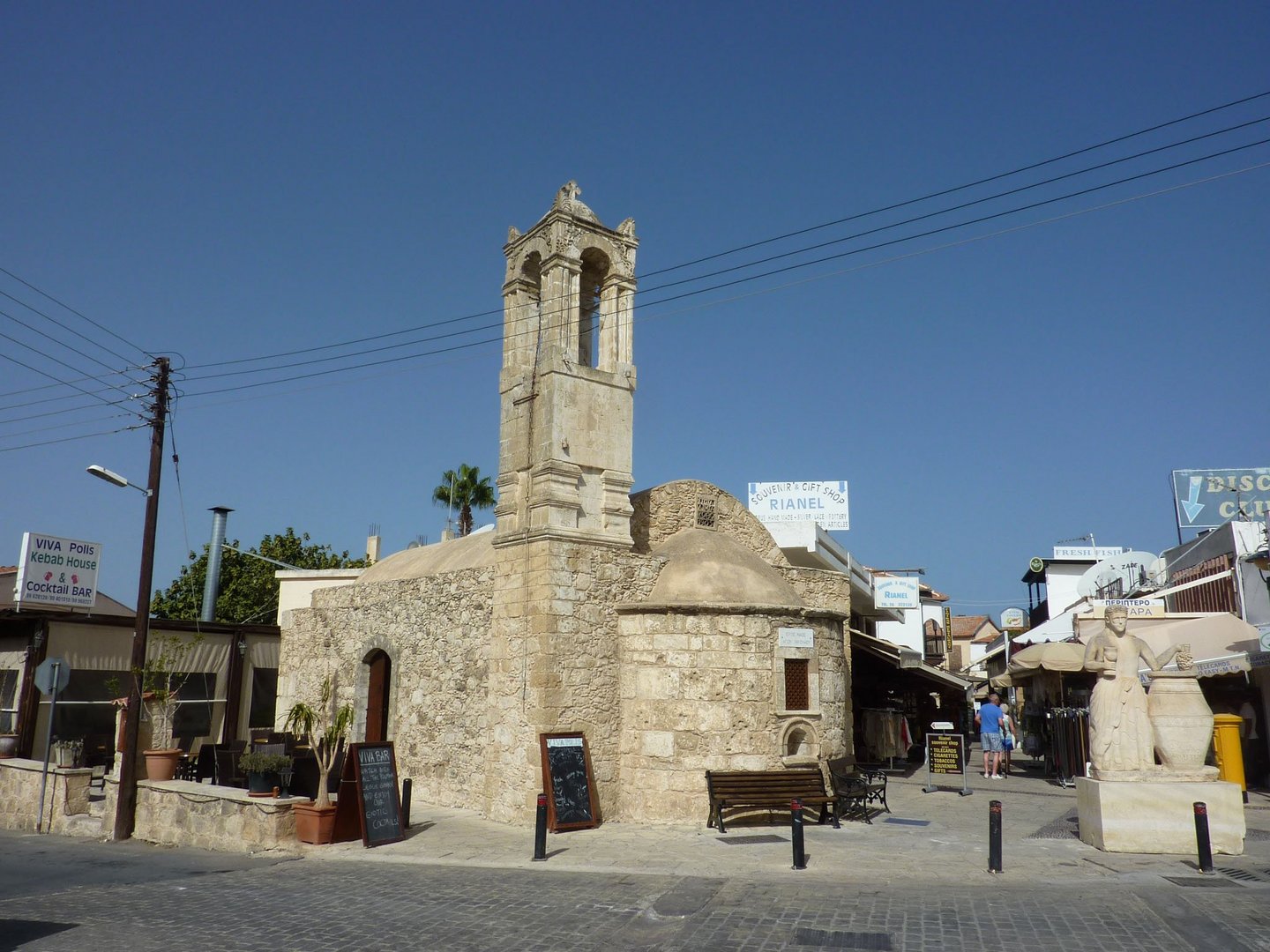Deputy mayors of the newly amalgamated Polis Chrysochous municipality have raised the alarm over what they describe as ‘dysfunctional governance’, blaming the issues on an ill-planned local government reform.
The municipality’s 14 mayors had sought recourse over the matter with the interior ministry, which however does not consider itself the relevant authority to take up the issue.
“The municipalities are autonomous entities, with the mayor in the executive role, and we cannot intervene in their internal issues,” ministry spokeswoman Margarita Kyriakou told the Cyprus Mail.
The deputy mayors claim they have been left powerless, both due to the unilateral approach of the municipality’s mayor and the state’s failure to clearly define their responsibilities, which were instead left to the discretion of each mayor.
According to one of the 14 deputy mayors who signed a letter of protest, the villages are suffering the consequences of a “very badly planned and rushed local government transition”.
Asked about this, Kyriakou conceded that the deputy mayors had a point, in that their duties had indeed been left undefined in the legislative framework passed in 2022.
“But this is up to parliament to amend,” she said. Meanwhile, the House committee is reviewing the issue.
Any changes to legislation at any rate would only apply for officials in the next term, she said, so it would remain up to the mayor of Polis and his deputies to work out a system of duties and processes.
Other municipalities’ mayors had successfully managed to delegate non-executive duties to their deputies, Kyriakou pointed out.
However, of the twenty municipalities now in existence, Polis Chrysochous has the largest number of deputy mayors by far. East and West Limassol municipalities have the next highest number, at eight, followed by Lefkara and West Paphos municipalities, with seven. Almost half of all the municipalities have no more than three.
The Polis municipality deputy mayors had said that essential services such as sanitation, pruning, fire prevention and the management of community-owned establishments, had come to a practical standstill due to the lack of delegated duties.
“Polis is supposed to be the central hub for everything, but instead only the interests of Polis and Latchi are being looked after,” one deputy mayor told the Cyprus Mail.
“From Neo Chorio to Pomos, we unanimously see a culture of micropolitics persisting, worse than before the restructuring,” the community leader said.
He described a series of problems faced by villages, claiming they were being sidelined by inaction and favouritism. One deputy mayor was locked out of a community-owned workshop he had managed for years as a tourist attraction, without being informed that the locks had been changed by the municipality.
Elsewhere a tavern licensing contract, pending since July, was “somewhere in a Polis office”.
A promised weekly clearing crew had only appeared once since the initial meeting between the mayor and deputies, despite a cleaning rota having been agreed upon.
As for water supply and cooperation with the local district organisation (EOA), any request for leaks to be repaired now needs to take a convoluted bureaucratic route, first through the Polis municipality, and from there on to the EOA in Paphos, and back again to the village.
“There was a burst pipe in Terra on Tuesday morning, and we are still waiting for the crew from Paphos to deal with it. Meanwhile, the water is running… This would have taken at most three hours before, and we are supposedly concerned about drought!” a local leader said.
The deputy mayors requested a revision of the budget, arguing that only the return of funds transferred to the Polis municipality under the reform would ensure attention is given to the villages in terms of development.
Elsewhere, complaints about how municipal council meetings are conducted and the lack of response to their request for restaffing community offices were voiced.
Municipal meetings reportedly last up to eight hours, with community leaders given no opportunity to speak. The community leaders charged decisions were taken unilaterally and only communicated to them weeks later.






Click here to change your cookie preferences